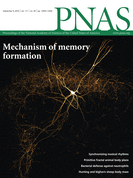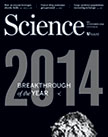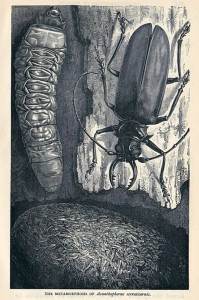 Take us at our word when we tell you this isn’t some exercise in meta-irony or meta-criticism or any other meta-bullshit, but a pair of researchers at Drexel University in Philadelphia have published a paper calling for an end to irony in science.
Take us at our word when we tell you this isn’t some exercise in meta-irony or meta-criticism or any other meta-bullshit, but a pair of researchers at Drexel University in Philadelphia have published a paper calling for an end to irony in science.
First, some background: In 2001, an Israeli researcher named Leonard Leibovici wrote a letter to the famously lighthearted Christmas issue of the British Medical Journal describing a randomized controlled trial in which intercessory prayer at a distance — in other words, people praying for other, sick people — was found to improve the health of patients with bloodstream infections. All the more remarkable was that this prayer was “retroactive,” as in, it purportedly occurred years after those sick patients had either left the hospital or died. Continue reading Does irony have a place in science?








